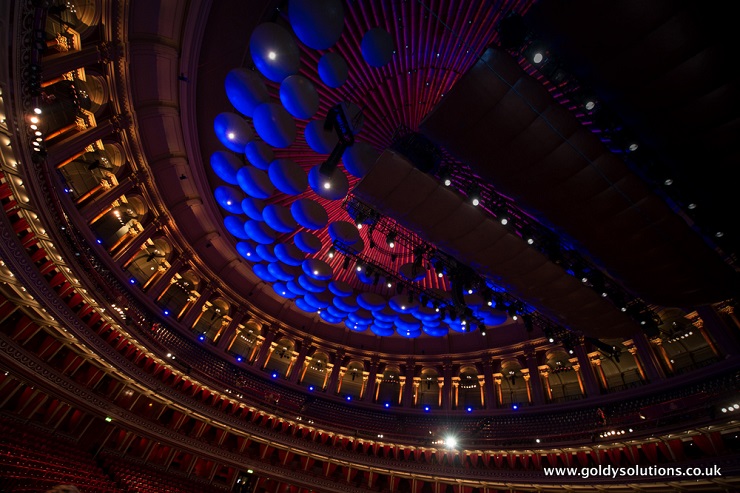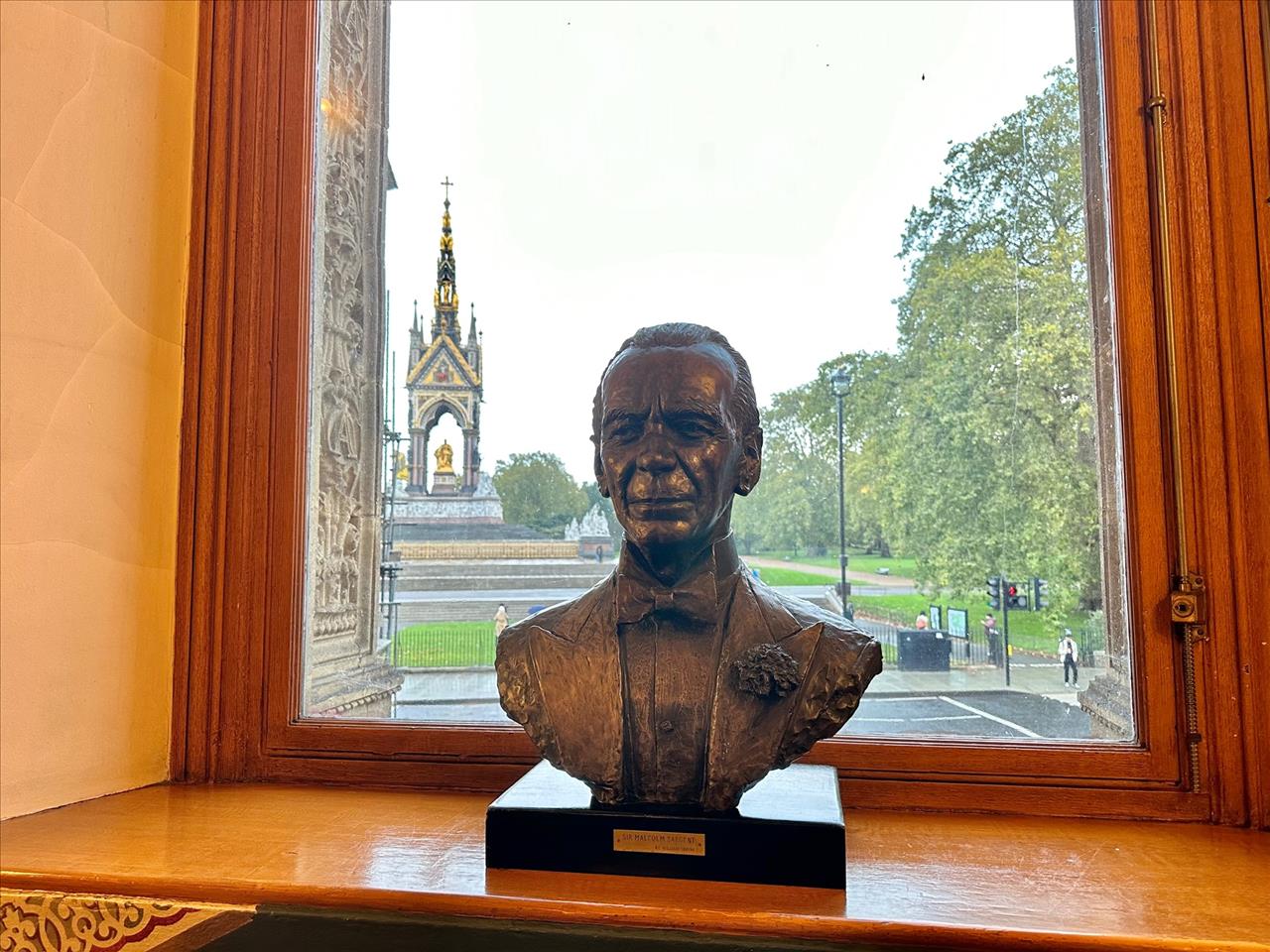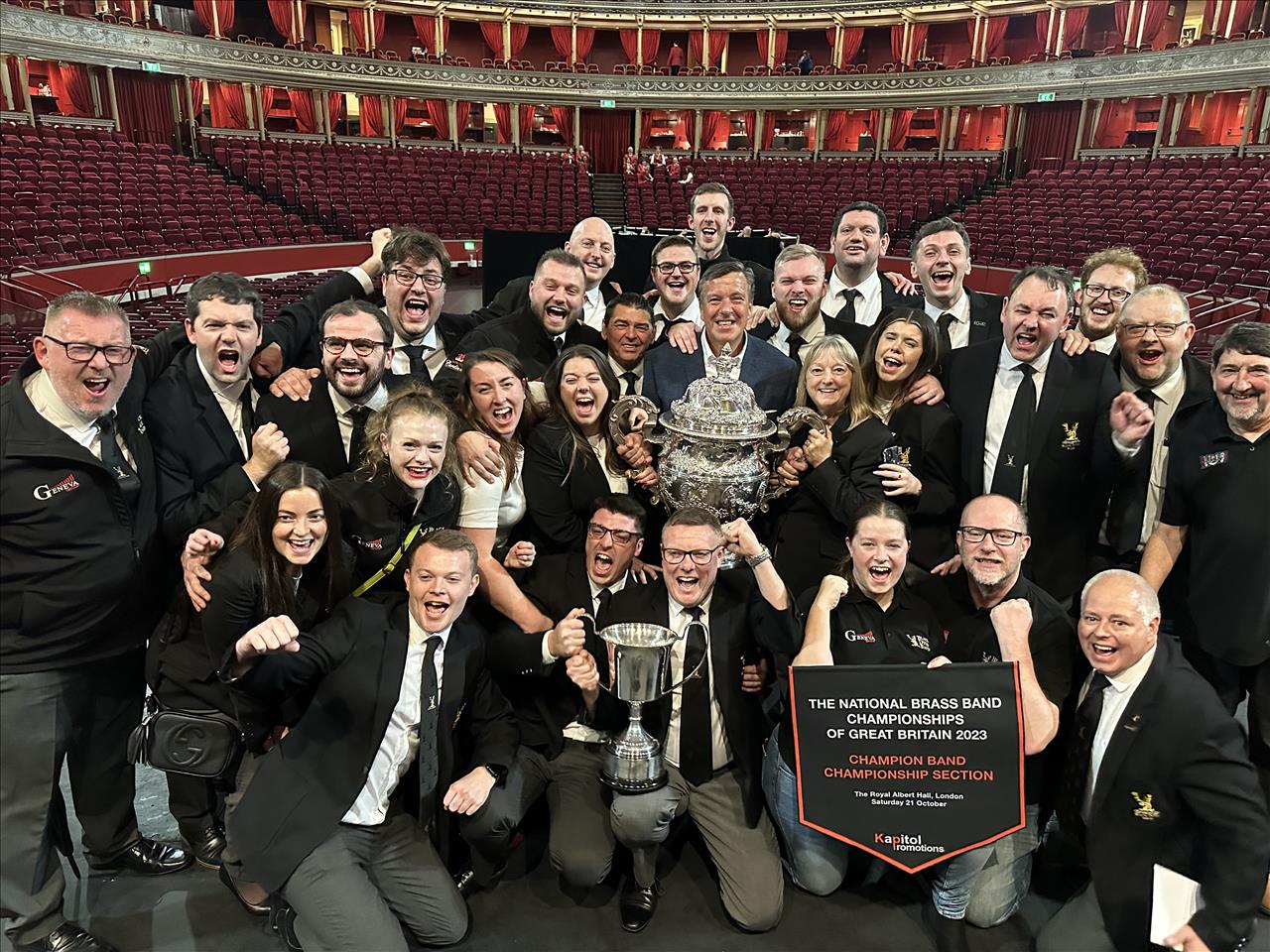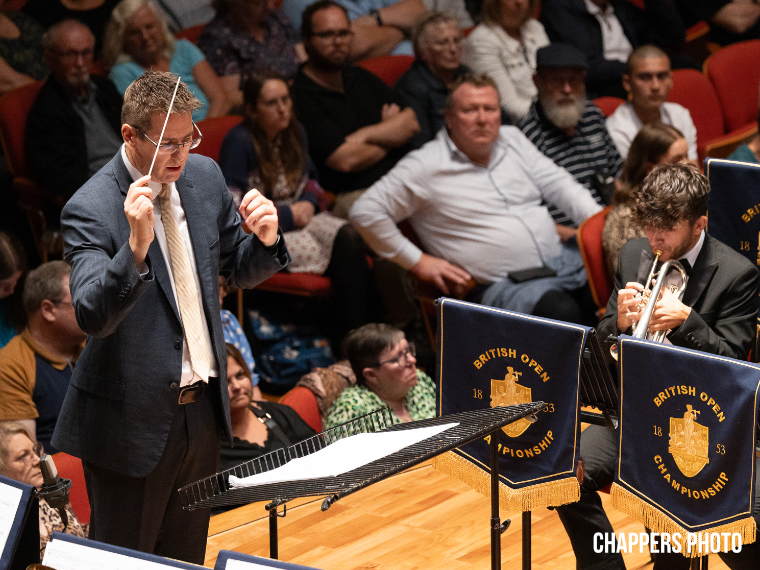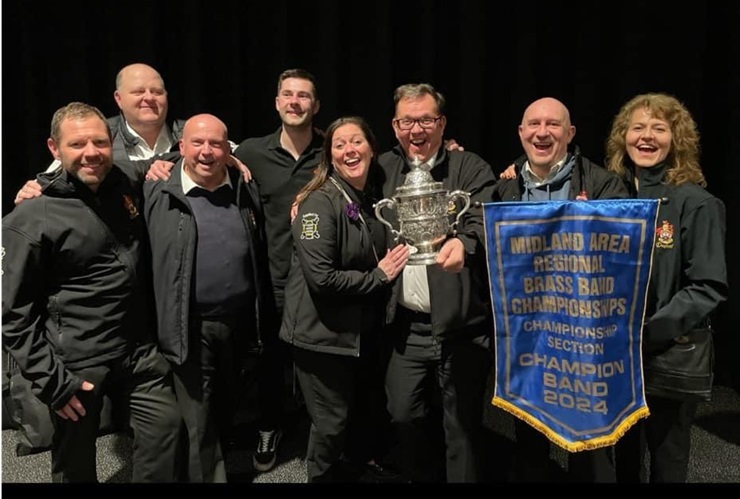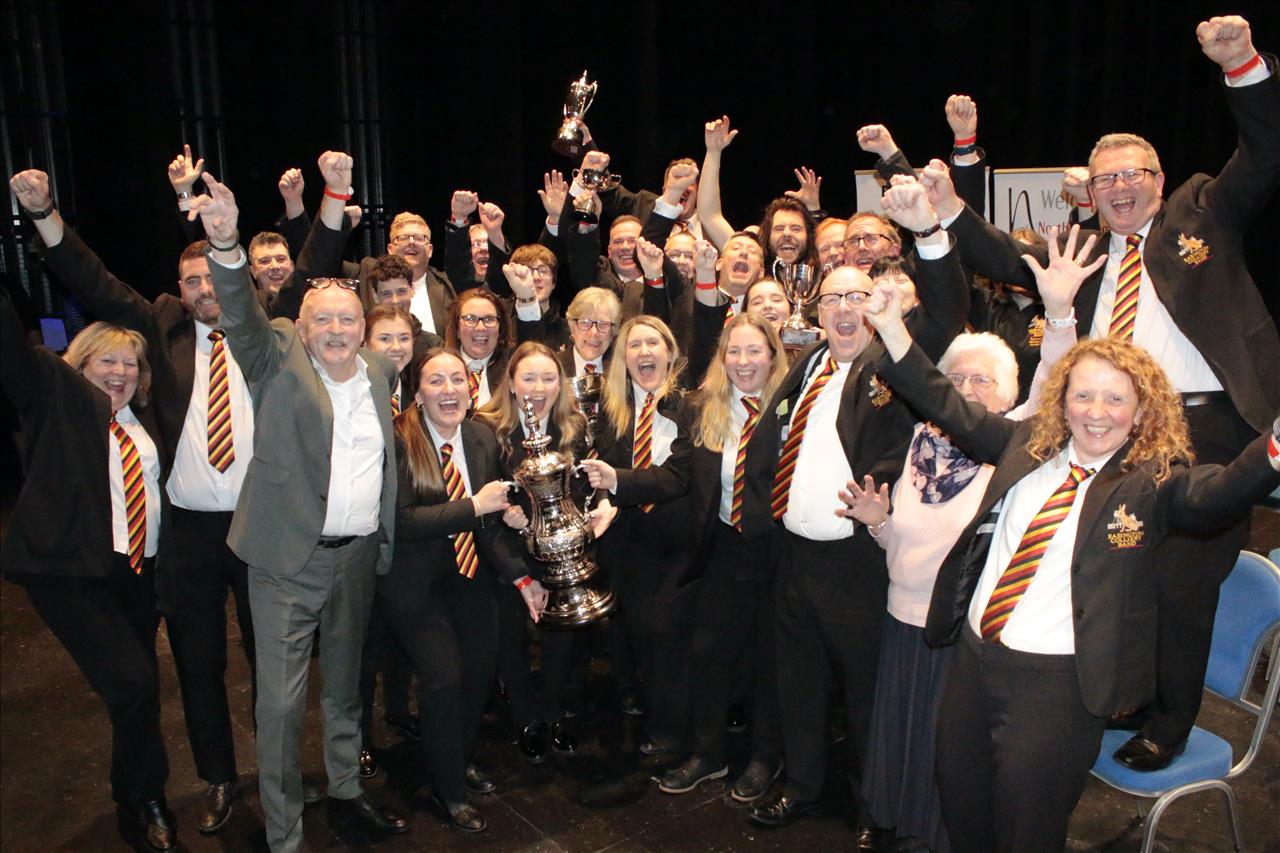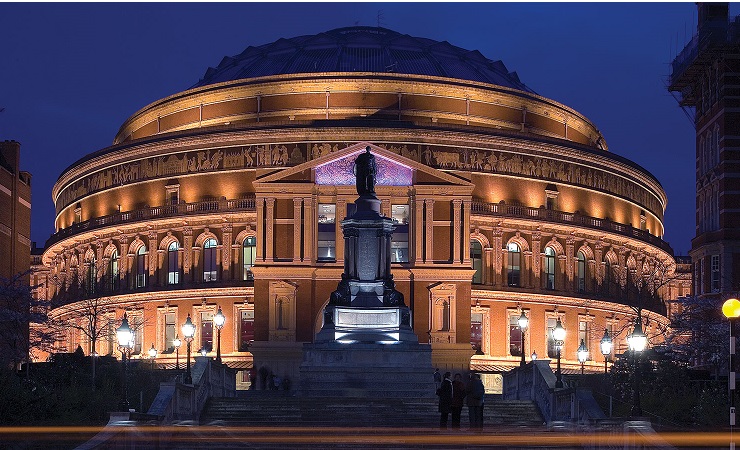
The annual litmus test of the nation’s banding health may well be the series of ‘regional’ championships that take place each February and March, but it is the unique event at the Royal Albert Hall that provides the most visible sign of its robustness to the wider world.
As the contest approaches its 78th anniversary there this weekend, the spirit remains strong, even if the body is increasingly showing signs of age.
Kapitol Promotions has shown an admirable desire (and, as at Cheltenham, a remarkable commitment) to maintain it at Kensington Gore, yet the financial challenges in doing so, as well as for the bands and audience that make the annual journey to enjoy it, continue to increase year on year.
Would there really be a huge outcry if the event moved to a new home, bringing with it new commercial as well as musical opportunities?
Just look around the vast auditorium this year and you may well find an equally visible answer staring right back at you.
Time passing
For the foreseeable future it remains, but time is passing ever more quickly in more ways than one. Realism also comes at a price, but surely it is one worth seriously considering before the flagship contest becomes an unsustainable anomaly.
Almost a quarter of a century has passed since Peter Graham’s ‘Harrison’s Dream’ was used at an event that was run for the final time by the National Contesting, but which saw bands in each section perform at the Albert Hall.
as much as it would be to rekindle memories of haggling with an oily ticket tout to get a seat perched high in the Gods, it is much more likely this weekend that the only one you will get is to pay for the astronomical parking charges around the hall.
Dangerous path
However, it is now more than 40 years since the top prize was changed to £2,000, and a decade since it was able to premiere a new commission to test the 20 competing bands.
Looking back to justify future ambition is a dangerous path to take, and as much as it would be to rekindle memories of haggling with an oily ticket tout to get a seat perched high in the Gods, it is much more likely that the only one you will get this weekend is to pay for the astronomical parking charges around the hall.
Performance aura
That said, the old cake tin still retains a performance aura, even at 8.30am when a gaggle of percussionists wearing hard hats start their pre-contest testing of the instruments they are to play on (although thankfully there will be no water gongs or submerged tubular bells in dust bins allowed to artificially enhance the sound of the ‘eight bells’ in the central requiem section).
Nothing to artificially replicate the goose bumps either when you look out from the stage for the first time into the vast expanse of the auditorium, whilst a quick glance around its corridor walls reminds you of the incredible array of performers who taken to the spotlight before you.
Nothing to artificially replicate the goose bumps either when you look out from the stage for the first time into the vast expanse of the auditorium, whilst a quick glance around its corridor walls reminds you of the incredible array of performers who taken to the spotlight before you.
Those experiences alone are still worth the eye-watering price of a drink in the Grand Tier Champagne Bar.
Intriguing battle
This year promises to be an intriguing battle for domestic supremacy – although one that will hopefully not be spoilt by the lingering sourness of unfounded rumours and conspiracy theories that spoilt the aftermath of last year’s victory by Black Dyke Band.
To the wider world that simply made brass banding look isolated, insular and amateurish.
This year promises to be an intriguing battle for domestic supremacy – although one that will hopefully not be spoilt by the lingering sourness of unfounded rumours and conspiracy theories that spoilt the aftermath of last year’s victory by Black Dyke Band.
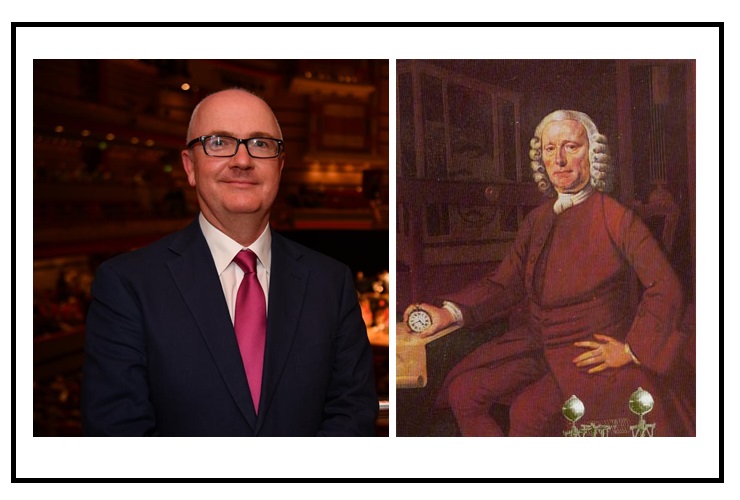
It all kicks off with the first performance of Peter Graham’s ‘Harrison’s Dream’ – a fine work built with a metrically structured carapace of technical rigour surrounding a very humane heart felt sentiment. It is one that requires a horologist’s skill in balancing precision with passion.
Once again, whoever wins courtesy of the adjudication panel of Dr Stephen Cobb, Arsene Duc and Rob Wiffin will have richly deserved their triumph.
Defending champion
The Queensbury Band returns with the famous silver pot eager to add a 25th victory to their Albert Hall roll of honour. After their performance under Prof Nicholas Childs at the British Open their odds have been shortened. They will also be providing the pre-results entertainment.
Flowers was the leading English contender at Symphony Hall, and as shown in their runner-up finish they are now a band with their eyes firmly fixed on gaining a first major title under Paul Holland.
Fixed on the prize
Flowers was the leading English contender at Symphony Hall, and as shown in their runner-up finish they are now a band with their eyes firmly fixed on gaining a first major title under Paul Holland.
The last ‘first time’ winner was Leyland in 2005. Five top-six finishes in their last eight appearances here augers well.
High class form
Other bands that showed high class form in Birmingham will also head to Kensington Gore, with 2021 and 2022 champion Foden’s once again providing a test-piece preview at Regent Hall on Friday evening ahead of their assault under Russell Gray.
A rejuvenated KNDS Fairey will also look to enhance their fine Albert Hall record - one that boasts nine victories, whilst Tredegar will want to bounce back after missing out at Symphony Hall to add to their last three consecutive top-six finishes.
Podium return?
Two contenders wishing to return to the highest echelons of the prize list will be Cory and Brighouse & Rastrick, both of whom failed to find favour in the box at the British Open.
The Welsh champion has a remarkable record since winning on ‘Harrison’s Dream’ in the year 2000 – with sixteen consecutive podium finishes since 2007. They will be determined to add to that again.
And although Brighouse & Rastrick can’t quite boast that type of consistency, their record under Prof David King isn’t far behind with 12 consecutive top-six finishes since they first lifted the trophy together in 2010.
Fancied chances
Although the list of potential winners may well come from these bands, others will also fancy their chances of claiming a top-six finish or even one of the four automatic qualification places for 2025.
Although the list of potential winners may well come from these bands, others will also fancy their chances of claiming a top-six finish or even one of the four automatic qualification places for 2025.
Scottish hopes rest with two time winner, the cooperation band, who showed fine form at Symphony Hall in coming eighth and have already given the test-piece an early run out at the recent Fife Contest, whilst Whitburn will be looking to return to the form that claimed two top-six finishes here between 2017 and 2019.
Two former champions also return to spearhead the Midlands challenge. Four-time winner Desford will look to see if they can make a mark on the prize list for the first time since 1995, whilst an in-form GUS will look for a stage mention for the first time since 2010 after coming eighth last year.
Welsh return and debutants
Wales will be represented by four bands this year (with Cory and Tredegar pre-qualified) with Tongwynlais Temperance making their first appearance since 2018 and Ebbw Valley Brass marking their remarkable climb up through the sections by making their debut.
Around this time in 2013 Gareth Ritter’s band was still celebrating winning the Fourth Section National title in Cheltenham.
In contrast, Carlton Main Frickley made their National Final debut in 1923 at Crystal Palace and return to make their 29th appearance keen to build on a solid 10th place finish at the British Open – although not so keen to do so off the number 1 draw.
Solid challengers
Aldbourne will also be keen to avoid an early draw after picking out number 2 at Symphony Hall, as they look to further enhance their solid major championship record of late, whilst there is sure to be a confident challenge from the ‘local’ bands of London & Southern Counties champion Zone One and Friary Brass.
Zone One posted their second top-ten finish last year in seven appearances and will be keen to repeat the feat, whilst Friary will be looking to build on the fine form shown at the Grand Shield in May on what is their tenth appearance since 2013.
The line-up is completed by three returning bands in Pemberton Old Wigan DW, back for the first time since 2019, and proud North of England Regional Champion Easington Colliery back for the second time in three years alongside regular attendees NASUWT Riverside.
Iwan Fox



